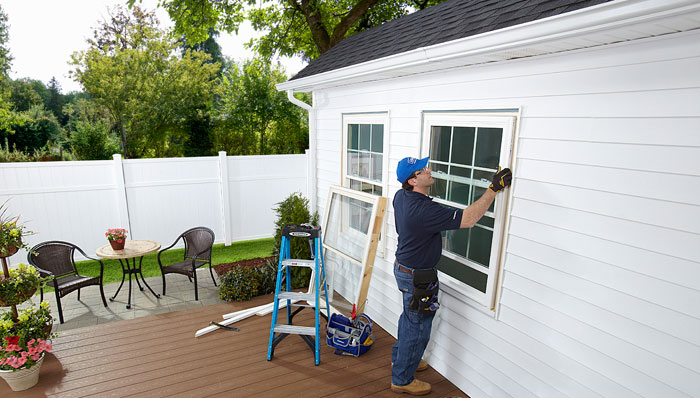Let's face it. Planning events, even exciting ones like an overseas vacation, can be stressful. So, it's not surprising that some homeowners — even those thrilled about moving — can slip into "worry mode" when putting their property up for sale.
Unfortunately, this anxiety can make the process of selling an unpleasant experience. Who wants that? So here are some things you can do to reduce selling stress and enjoy the adventure.
• Understand the selling process. The more you know about the steps involved in selling your home, the less mysterious — and, therefore, less stressful — it will be.
• Give yourself the time you need. Feeling rushed and stressed comes from trying to do too much in too little time. Even if you're selling quickly, it's important to block off sufficient time in your calendar for the things you need to do.
• Take care of yourself. As television psychologist Dr. Phil often points out, you can't give what you don't have. When it comes to selling your home, that means you need to eat well and stay healthy, so you have the energy you need throughout the process.
• Make your home attractive to buyers. That not only means tidying up and doing a little home staging, it also means setting the right listing price. Nothing eliminates the stress of selling more than having flocks of qualified buyers interested in your home.
• Get the help you need. You don't have to do everything on your own. That's why working with me is so advantageous. I take care of the many details for my clients so that they can enjoy the journey.
Sure, there are going to be a few stressful moments. However, the process of listing and selling your property, while looking for your next dream home, can be an exciting experience.
Let me help you. Call today.

























